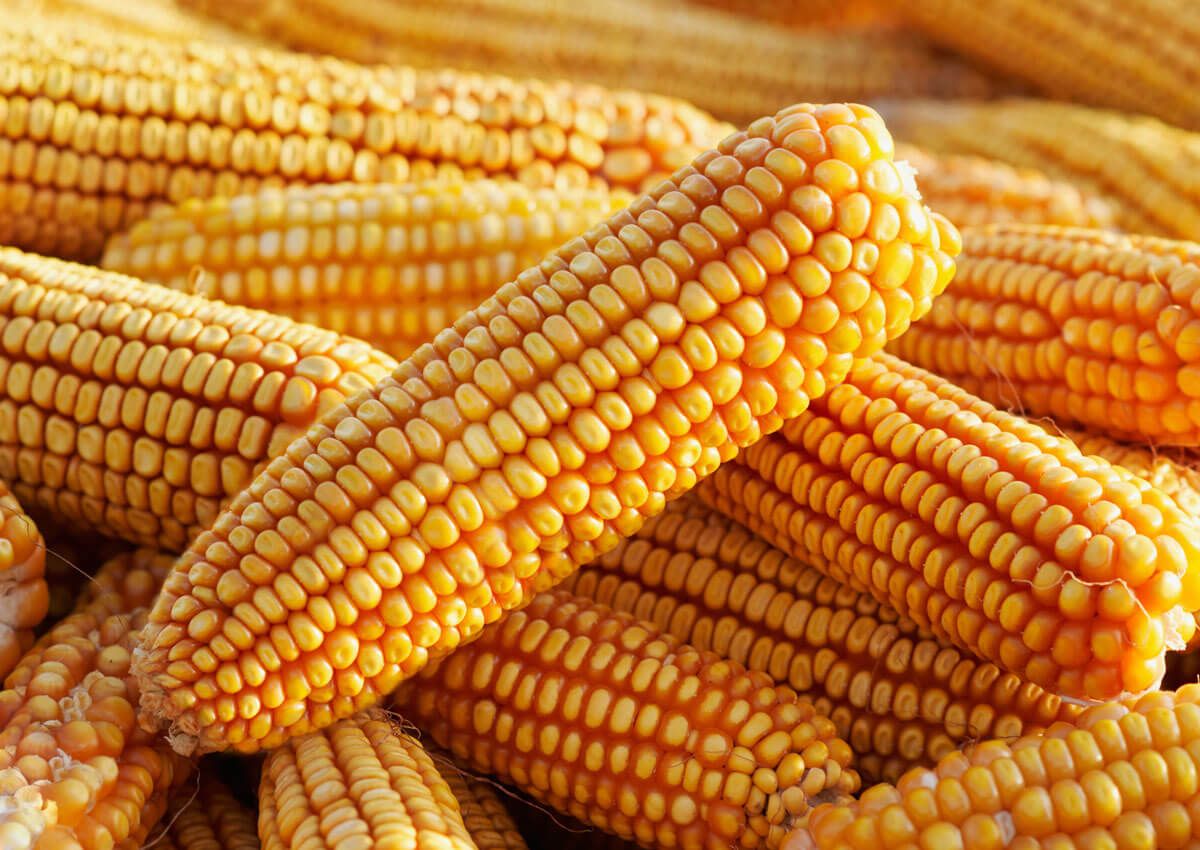Egypt: Corn import bill increases to $1.5bln monthly

Vice President of the Egyptian Poultry Association Anwar Al-Abd has said that the corn import bill increased to $1.5bn monthly in 2023, compared to $700m monthly in the past two years. This caused an exaggerated increase in prices of poultry.
He added that this crisis was not the responsibility of the Egyptian state and it is unfair to accuse the government of negligence, but it is a global crisis that affected Egypt.
Al-Abd said that the poultry industry in Egypt consumes 500,000 tonnes of corn per month, approximately 6 million tonnes per year, adding: “If there is stability in production cost, productivity will be doubled.”
He noted that Egypt was self-sufficient in poultry and the last setback in the sector was in 2006 due to the Bird Flu during which the sector dropped by 80%, until vaccines arrived and the sector once again became self-sufficient.
Al-Abd stated that after the end of the 2006 crisis, the poultry sector returned once again to work and export abroad, until COVID-19 fallout crisis, which affected maritime shipping and raw materials prices, and was followed by the Russian-Ukrainian war, which affected grain market and shipping. This caused prices to double at least 3 times, accordingly, the cost has been increased on poultry breeders and a large part of them were unable to continue their businesses inside the sector and exited it, which are external conditions that the state or the Egyptian government or even the responsible ministries have nothing to do with.
He noted that there has been a significant recovery in the sector during the past few years, for several reasons, including improved management of providing foreign currency by banks better than the previous period. In addition, the government supports exports and recycles dollar proceeds of exporters and directs them to import raw materials, which prompts producers to increase exports to provide dollar liquidity to complete capital and production cycle in the sector, as well as opening a large field for export.
He revealed that prices of poultry inputs hiked by 60% since the beginning of the crisis. The sector used to import 500,000 tonnes of corn monthly, but the imports decreased to 250,000 tonnes for a while, then it began to increase again due to all the factors mentioned previously.
Al-Abd called on the Minister of Agriculture to activate Law No. 70/2009, which prohibits live poultry trading, and obliges producers to slaughter in slaughterhouses, because it will prevent and reduce diseases in a very large way, and works to organize this industry. In addition, it enhances state control over poultry and slaughterhouses, and provides stocks of frozen poultry.
Read also
Wheat in Southern Brazil Impacted by Dry Weather and Frosts
Oilseed Industry. Leaders and Strategies in the Times of a Great Change
Black Sea & Danube Region: Oilseed and Vegoil Markets Within Ongoing Transfor...
Serbia. The drought will cause extremely high losses for farmers this year
2023/24 Safrinha Corn in Brazil 91% Harvested
Write to us
Our manager will contact you soon



